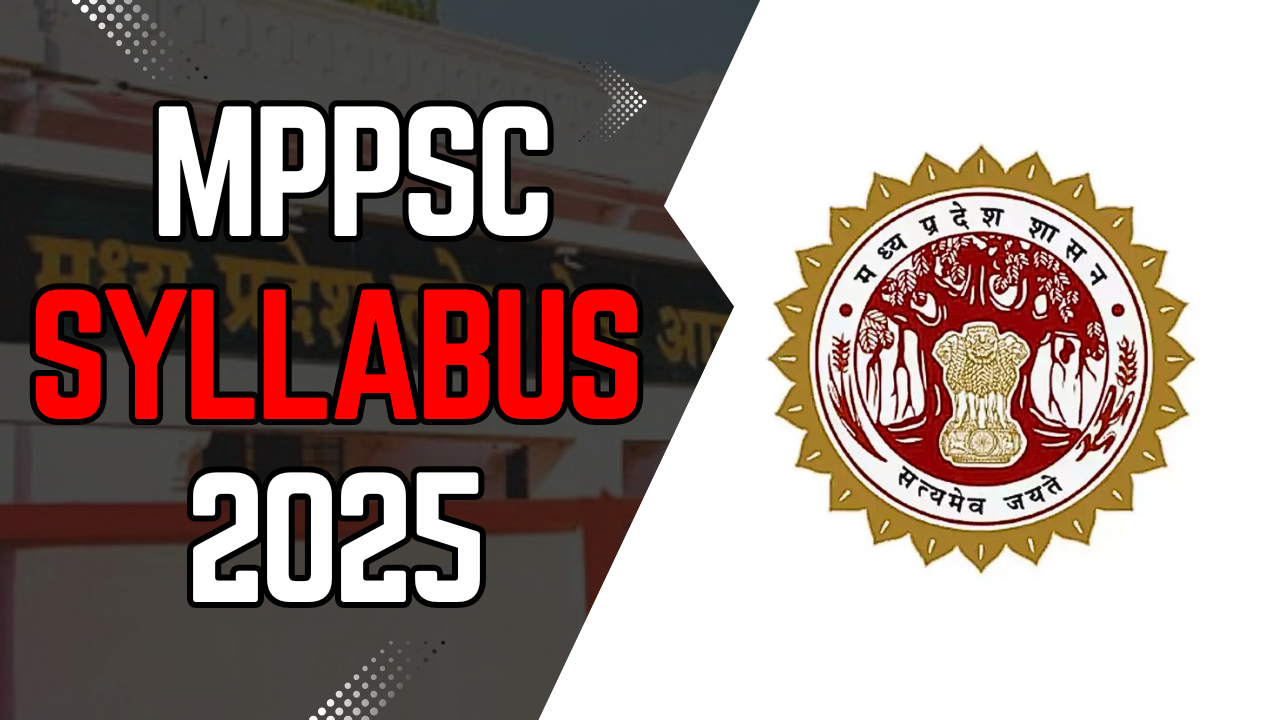Explore the March 2025 current affairs on Bangladesh's political crisis, rising violence against minorities, and implications for UPSC, SSC, and other exams.
Bangladesh's Political Crisis: A Reflection of South Asia’s Minority Challenges
In March 2025, the political unrest in Bangladesh following the ousting of Prime Minister Sheikh Hasina has triggered violent incidents against the Hindu minority, reigniting concerns over the safety and rights of religious minorities across South Asia. This issue holds major relevance for aspirants of UPSC, SSC, Banking, and other competitive exams, especially under topics like International Relations, Post-Partition Politics, and Current Affairs March 2025.
Partition Legacy and the Minorities Question: Then and Now
The Partition: A Lingering Legacy
Partition of British India (1947) aimed to resolve the Hindu-Muslim conflict.
Instead, it left a lasting legacy of communal tension, migration, and displacement.
It also created new identities like Mohajirs in Pakistan and Bangladeshi refugees in India.
Kashmir remains a long-standing fallout of Partition.
Despite hopes of stability, religious minorities across India, Pakistan, and Bangladesh are witnessing new waves of insecurity.
The Nehru-Liaquat Ali Pact: A Missed Opportunity?
Background
In response to post-Partition communal violence, India and Pakistan signed the Nehru-Liaquat Ali Pact in 1950, aimed at:
Protecting religious minorities in both nations,
Preventing a potential war,
Easing cross-border refugee tensions.
What Went Wrong?
Despite initial success, the pact failed to protect Bengali Muslims in East Pakistan.
It couldn't stop the eventual creation of Bangladesh in 1971.
The two-nation theory ironically resulted in three countries.
Hindus in Bangladesh: A Rising Concern
Current Status (March 2025)
Since Sheikh Hasina’s removal, anti-Hindu violence has intensified.
Questions arise: Is this political violence or systematic persecution?
India’s engagement with Bangladesh has been overly dependent on one political family.
There's now a need to rethink India-Bangladesh relations:
Focus on democratic institutions and civil society,
Avoid aligning too closely with specific political parties.
Minority Rights in South Asia: A Shared Responsibility
A Regional Perspective
The status of minorities in all three countries is interconnected.
Selective solidarity (e.g., Indian Hindus raising voices only for Hindus in Bangladesh, or Pakistani Muslims only for Indian Muslims) undermines universal minority rights.
This leads to:
Rise in majoritarian politics,
Cross-border tensions,
Normalization of violence against minorities.
What's Needed?
A new political language and institutions to safeguard minorities.
Secular democratic frameworks across the region.
India, Pakistan, and Bangladesh must institutionalize long-term protections for all communities.
Key Highlights for Competitive Exams
Sheikh Hasina was removed from power in August 2024.
Rise in anti-Hindu violence in Bangladesh post-political transition.
Nehru-Liaquat Ali Pact (1950) was aimed at protecting minorities across borders.
The legacy of Partition still shapes religious dynamics in South Asia.
Current India-Bangladesh relations are heavily reliant on political leadership, lacking broader engagement.
South Asian minority concerns reflect regional instability and the need for collective reform.
Why This Matters for Exams
For students preparing for UPSC, SSC, Banking, and other competitive exams, this topic offers critical insights across:
Current Affairs March 2025
India’s foreign policy and neighborhood relations
Post-Partition politics and minority rights
Modern South Asian geopolitics
This issue also aligns with important themes in Ethics, Essay, and GS Paper 2 & 3 for UPSC.
👉 Stay updated with more such analytical content on the Atharva Examwise current news section at www.atharvaexamwise.com – your trusted guide for competitive exam news and insights.






